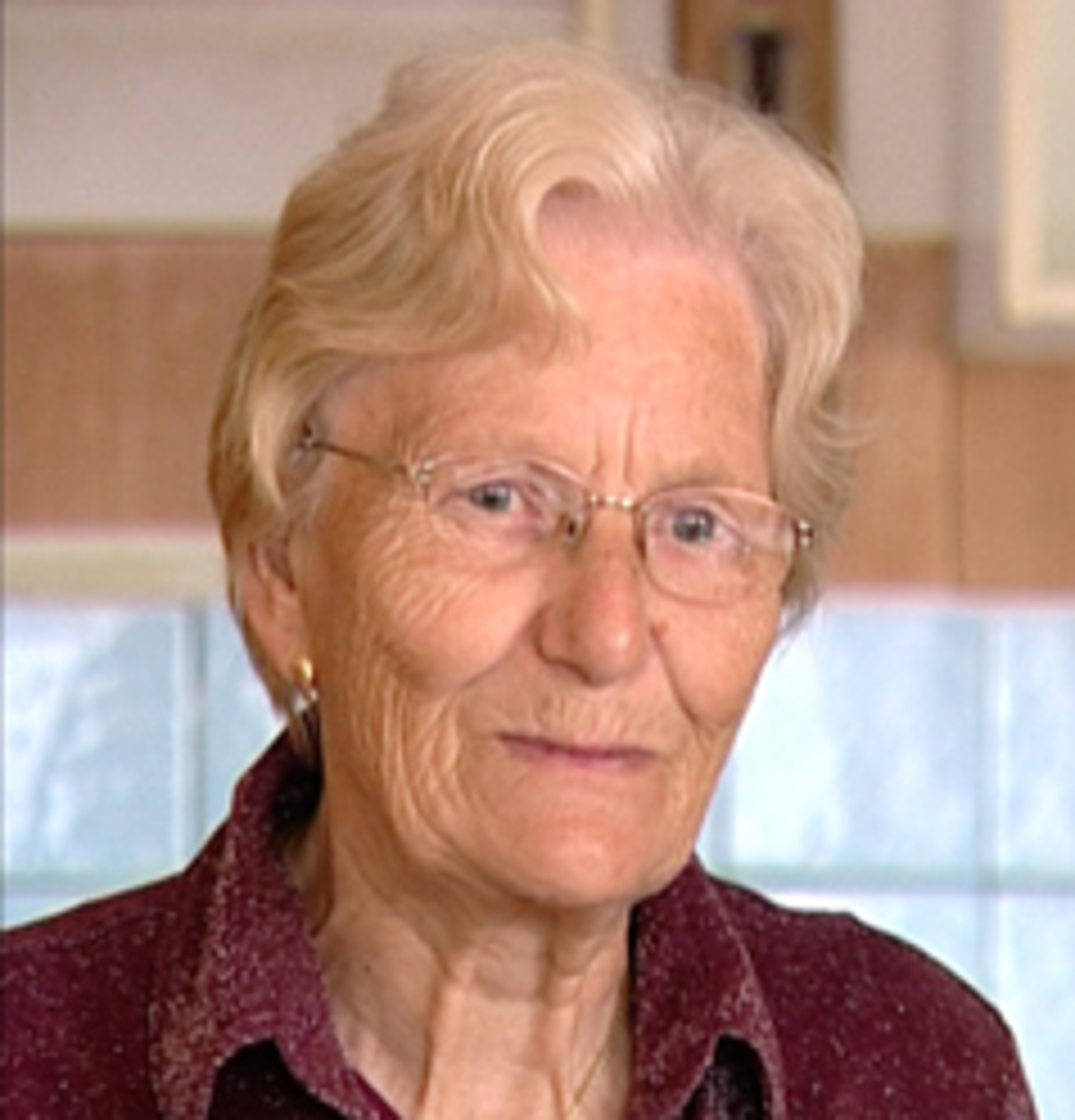When we woke up in the morning, we saw army tanks passing our house

Stáhnout obrázek
Anna Malá nee Bonková was born on June 3, 1940 as the oldest of seven children. Her father was a miner and her mother was a housewife looking after their children and household. Anna spent her childhood as well as youth in the village of Hôrka in the Tatras region and she also started attending the elementary school there. However, after the fifth year, she pursued her studies in the near town of Poprad. She got married and left her natal home as the first of all children, but she often returned home to help her senescent parents. She had six children and later, when they grew up, she found a job in Svit. However, in the year 1968 the tragedy affected the whole Bonk family. Anna‘s brother, Jozef Bonk, a nineteen-year old keen football player and trained locksmith, became one of the ninety victims of occupation forces‘ arrival in Czechoslovakia on August 21, 1968. As he was single, he lived with his parents and helped them with everything necessary, because their father had already been retired. He worked in Krajná Poľana in Svidník in the local factory of Piloimpregna. He was on the way from a weekly work when the tragic events occurred and when a Soviet soldier shot him dead. He was hit by a bullet into his liver, and though people tried to rescue him, he succumbed to his injuries. That day fifteen people were injured in Poprad, but only Jozef didn‘t survive these tragic events. There is a memorial plaque on the Námestie sv. Egídia square in Poprad.









